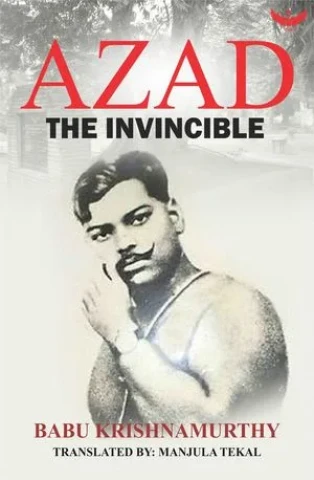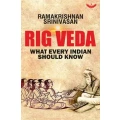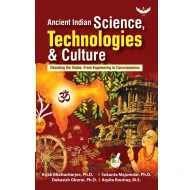
AZAD: THE INVINCIBLE
Short Description
Buy Now
More Information
| ISBN 13 | 9781942426660 |
| Book Language | English |
| Binding | Paperback |
| Release Year | 2021 |
| Translated by | Manjula Tekal |
| Publishers | Garuda Prakashan |
| Category | Indian Writing Biography/Autobiography |
| Weight | 600.00 g |
| Dimension | 15.00 x 23.00 x 3.50 |
Frequently Bought Together

This Item: AZAD: THE INVINCIBLE
$0.00
Sold by: Garuda International
ADD TO CART



This Item: AZAD: THE INVINCIBLE
Sold By: Garuda Internation...
$0.00
Total Price : $0.00
Product Details
Chandrasekhar Azad was the brightest among luminaries who fought for India’s independence.
Born in a small no-name village to poverty-stricken parents, Azad ran away from home when he was a very young boy and became a coolie in Mumbai, living on the streets. He then went to Varanasi to learn Sanskrit, participated in the non-cooperation movement and suffered flogging as a punishment. Becoming a revolutionary soon afterwards, Azad would command a revolutionary movement in North India for the next decade. He would become the bosom friend of many families, inspiring thousands more, leading and guiding a band of revolutionaries like a brother. He struck terror in the hearts of his enemies but was a darling of his leaders and elders. A relatively uneducated man, he spread the message of patriotism everywhere he went. One day, he created history when he fought an unprecedented battle that had no parallel, and he left this earth in Allahabad’s Alfred Park.
*
Azad was that tall leader who worked underground to stitch together the remnants of a fractured revolutionary movement that had broken up after Ramprasad Bismil and other notables were imprisoned after the Kakori raid. Bismil was eventually given the death penalty. Azad was chosen to be the commander of the Hindustan Socialist Republican Association (HSRA) by his peer revolutionaries. He achieved some amazing feats of valour in the short time he was on this earth. Azad was responsible for the political assassination of Saunders as retribution for killing Lala Lajpat Rai. He was also responsible for orchestrating the bombing in the legislative assembly to protest the introduction of two highly oppressive and unpopular bills designed to increase the dictatorial powers of the British in India. But much more than that, Azad inspired and organised many young people, inducted them into his revolutionary organisation, and built a fighting force that stood up to British rule. He shepherded his organisation through a period of ideological crisis that threatened to destroy it. Azad valiantly battled to hold it together, sometimes by discipline and at other times by diplomacy and negotiation. Then he fought a thrilling historic gun battle with the British and gave up his life at an incredibly young age of twenty-four.
*
He was not a philosopher, but few understood the philosophic necessity of a revolutionary path in liberating the country better than him.
He was not a propagandist; he could not hold a candle to Gandhiji’s magical powers of persuasion. Yet, he managed to attract his own sizeable following of bright, idealistic young men.
He was perhaps not the greatest organiser, but the way he stitched together an organisation and ran it was in no way inferior to the achievement of a Mazzini or a Garibaldi.










